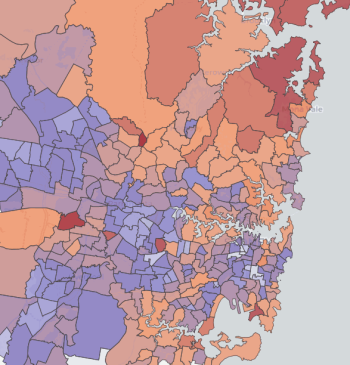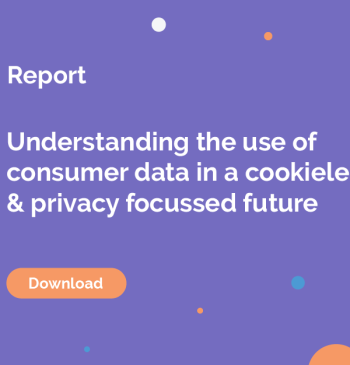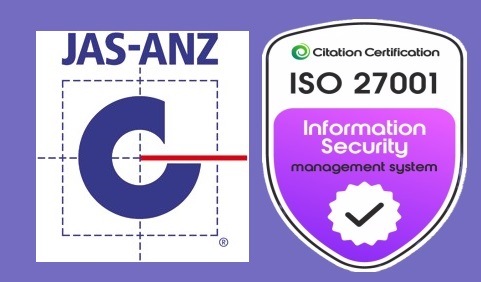Embracing A Cookieless Future
08 Nov

Once the cornerstone of digital identity, third party cookies are now on the outer.
Google revealed earlier this year that it would be deprecating third party cookies on Chrome – which accounts for around 70 per cent of the desktop browser market – within the next two years.
With internet users demanding more privacy, Google says the decision is all about managing expectations.
“We want to make sure that we are on the right side of user expectations, that we are giving them the right controls and that all of these services are operating in a way that is consistent with their expectations,” Google CPO Keith Enright said to B&T about the decision.
Google joins the likes of Firefox and Apple in the movement against cookies.
Although the deprecation of third party cookies on Chrome was first mooted in 2019, it has still been a significant source of concern for marketers this year.
Econsultancy’s recent Future of Marketing report, which surveyed over 800 marketers, found 57 per cent of respondents are either concerned (36 per cent) or very concerned (21 per cent) about the potential impact that removing cookies will have on targeting ad campaigns.
While they have served their purpose for many years, there is no doubt cookies had their limitations.
For a long time, cookies have been used to create a digital twin for humans as they navigate the internet.
This ‘digital twin’, however, was representative of a machine, as opposed to a human.
This provided marketers with a reasonable indication of what a user was doing, however, it did not reflect what this user did once they stepped away from their device.
Life after cookies – the opportunity.
Now, marketers have the ability to connect users across multiple devices and channels (including online and offline), without using cookies.
The looming demise of third party cookies has forced advertisers to think of new ways to identify users and gather signals.
This has meant offline data – such as contact information, purchase histories and demographic data – is now an important asset for anyone looking to track customers.
To access this offline data, some businesses now offer ‘onboarding’ solutions to ingest this data and de-identify it, so it can then be combined with online data for advanced tracking.
At smrtr, we are able to take this aggregated data, turn it into valuable insights, then integrate it wherever it is needed, whether that be a CRM, dashboard or DMP.
While third party cookies were used to track machines, offline data indicates real transactions made by real people.
Although it has been labelled by some as the ‘cookie-pocalypse’, we believe a future without cookies can effectively harness data in a more privacy compliant way.
By combining our ever-growing datasets with relevant first party data from our customers, we are able to create an accurate picture of a customer – even without cookies.
If you’d like to learn more please, contact us and we’ll be in touch within the next business day.
By Steve Millward, General Manager – Commercial at smrtr




